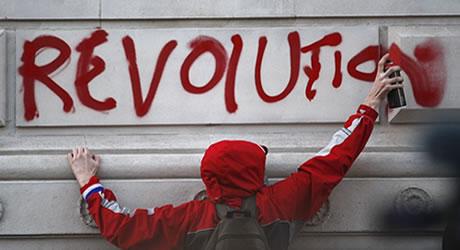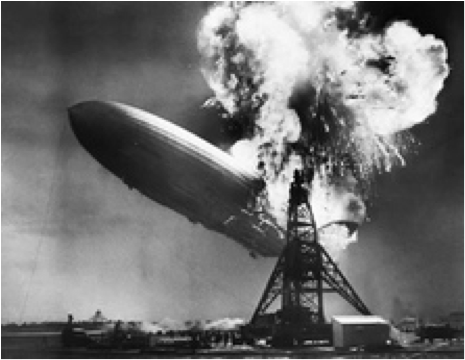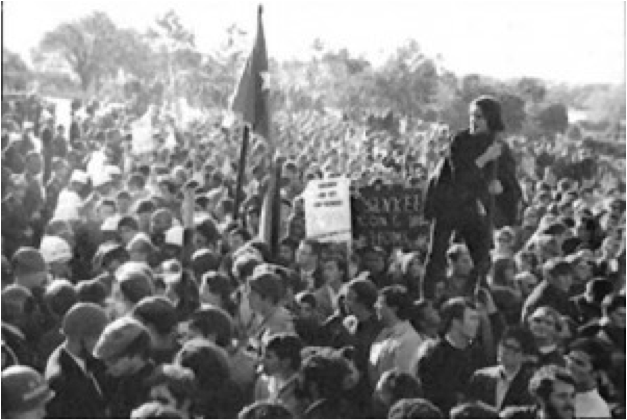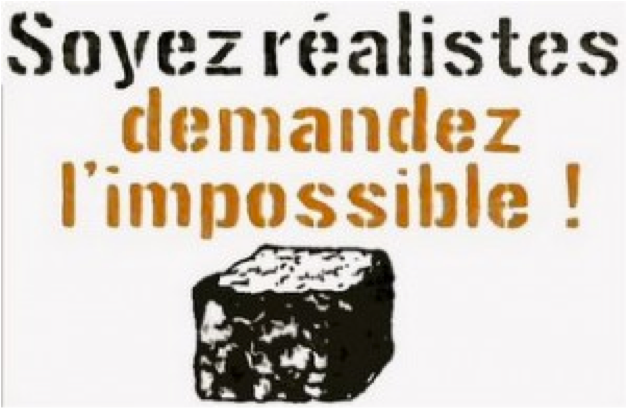Crisis, history, and young people who question things

It starts with an acknowledgement: we do not live in the best possible world.
The crisis we are living through has layers. If we take a small step back we see that nearly one in four Irish people are now experiencing two or more types of enforced deprivation. Our national suicide rate is the highest in the history of the state. 40,000 of us had emigrated in the year to April 2011, a 45% increase on the same figure last year. About 30% of Irish people between 18-24 are unemployed. We are not in this together, either. Many people will live through this winter without the means to heat their homes or put food on the table. Medical bills, let alone Christmas presents, are luxuries they cannot afford. Yet 36,000 people – Ireland’s 1% – own €130.2billion in wealth. That’s roughly 77% of the country’s entire GDP last year. And they’re getting richer.
Another step back sees the financial crisis as a bonfire of the myths of our system of governance. Democracy has been fatally undermined at the behest of the markets, big finance and the German and French governments who are their enforcers. It was corrupted by coercion and distorted fundamentally when democratically elected governments in Italy and Greece – whose ancient civilisations are the roots of the democratic republic – were replaced by technocratic regimes headed by bankers. Referenda were discouraged, as were any other forms of what José Manuel Barroso dubbed “political games”. There is now little doubt whether our representative democratic system is more representative – of the interests of those in power – or democratic – one that puts power in the hands of the people. It has largely been reduced to a mechanism for gaining our consent to the rule of the élites.

We live in interesting times
The structural deficit of democracy has been exposed. The rise to power of corporations, the financial markets and a 1% who can just leave if they are made to pay their share has relegated the nation state to subordinance. (Europe’s 1% own €7.6trillion, 83% of the combined Eurozone GDP for 2010). As the prescient ‘money speech’ in the movie Network put it, “We no longer live in a world of nations and ideologies. The world is a college of corporations, inexorably determined by the immutable bye-laws of business. The world is a business.” And the recycling of governments in Spain, Ireland, Britain, Portugal, Croatia and, shortly, France and Germany will do nothing to change this. The distinction we thought existed between left and right in our representative system doesn’t when its sphere of influence is so miniscule.
But if we step further back we will see an even broader crisis. We live on a planet of finite resources, yet the system we live under demands infinite growth. We are using one-and-a-half times what the planet can sustainably renew each year. The consensus amongst the scientific community is that anthropogenic climate change is pushing our environment towards disaster, yet the world’s leaders will miss the crucial 2020 deadline for irreversible damage. Our planet produces more than enough food to feed every person who inhabits it. Yet we waste one-third of the food produced (1.3billion tonnes) each year while 1 billion people remain malnourished and 6 million children under 5 die each year from hunger. In 2006 the United Nations University’s WIDER study on wealth distribution estimated that the top 1% of the world’s population owned more wealth than the bottom 95% combined. These figures were based on year 2000 estimates and all world wealth report indications since suggest this gap has widened. 80% of the world’s population live on a total of less than $10/day and there is almost no state in the world where wealth inequality and income differentials aren’t rising.
Instead of exploring the universe or curing disease the majority of all money invested in R&D each year is used to fund militaries and weapons that kill and maim. With each decade more states produce and possess weapons that if they were ever used would wipe out the population of the world many times over. And as each new state comes to possess them a collection of their neighbours and enemies are incentivised to attain them. If the power of the technology we are developing continues to be harnessed by those who wish to monitor or control us our future will become increasingly Orwellian as our civil liberties are eroded. The crisis is not a small one, nor has it any simple policy-based or technocratic solutions.
So, what does it mean to be a young person growing up in this world that we acknowledge is not the best possible? We are young in a time of change. It comes with challenges, but also opportunity. The great generations that we remember – those that fought against the injustices of tyranny and imperialism, racism, sexism and homophobia, war and poverty – were faced with these circumstances. They harnessed the power of young people – before they were burdened with the stresses of family, job or bank account – and used it to fight for their ideals. But most of them started by doing something relatively simple. They questioned things.
And that questioning is happening again. Young people – from Egypt to Spain to the United States to those on the streets of Moscow at the moment – are asking questions again.
They are acknowledging, as the great generations of the past have done, that they do not live in the best possible world. Those generations created space for, and encouraged discussion of, alternatives. They refused to be bound by the structures of a world they did not create. But they didn’t start by knowing what they were going to do, how they were going to do it or how it would end. They started by being a generation that questioned things. And often the deeper they were willing to go with their questions the more profound the social movement for change they produced.

Anti-Vietnam war protest, 1967.
The 1960s, the last great generation, one that really questioned things and sought to make change, left an instruction for all of those who wished to follow them scrawled on a wall in Paris in May of 1968. It read: “Soyez réalistes, demandez l’impossible” – “Be realistic, demand the impossible.”
Two years before, in front of a room of students in Cape Town in apartheid South Africa, Bobby Kennedy had outlined the role of young people in a world of great change.
“The cruelties and the obstacles of this swiftly changing planet will not yield to obsolete dogmas and outworn slogans. It cannot be moved by those who cling to a present which is already dying, who prefer the illusion of security to the excitement and danger which comes with even the most peaceful progress. This world demands the qualities of youth: not just a time of life but a state of mind, a temper of the will, a quality of imagination, a predominance of courage over timidity, of the appetite for adventure over the life of ease… It is a revolutionary world that we all live in; and thus… it is the young people who must take the lead.”
We live in a world of crisis. But it is a revolutionary world again. And it’s waiting for a generation of young people to start asking questions.

'Be realistic, demand the impossible'
{jathumbnailoff}
